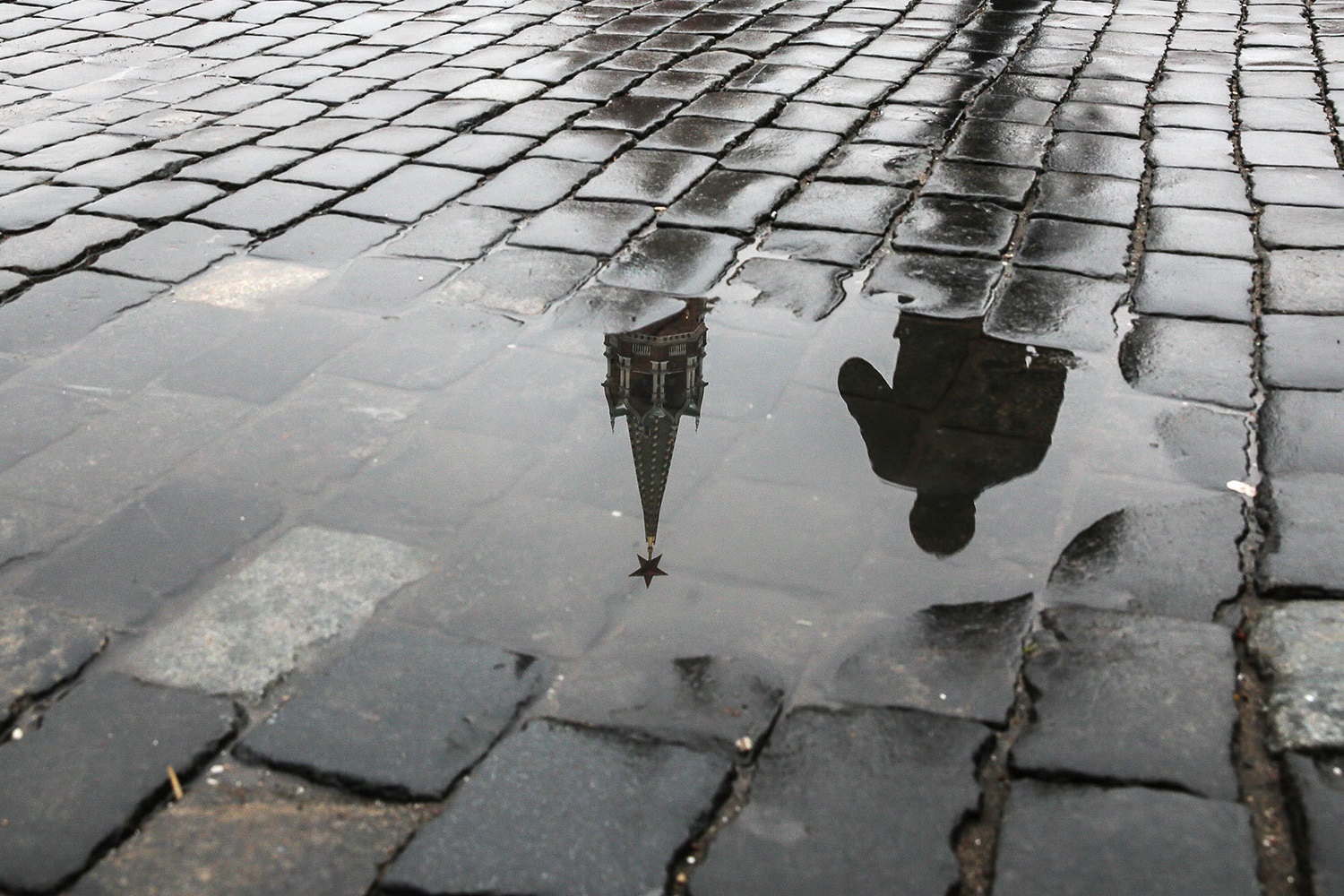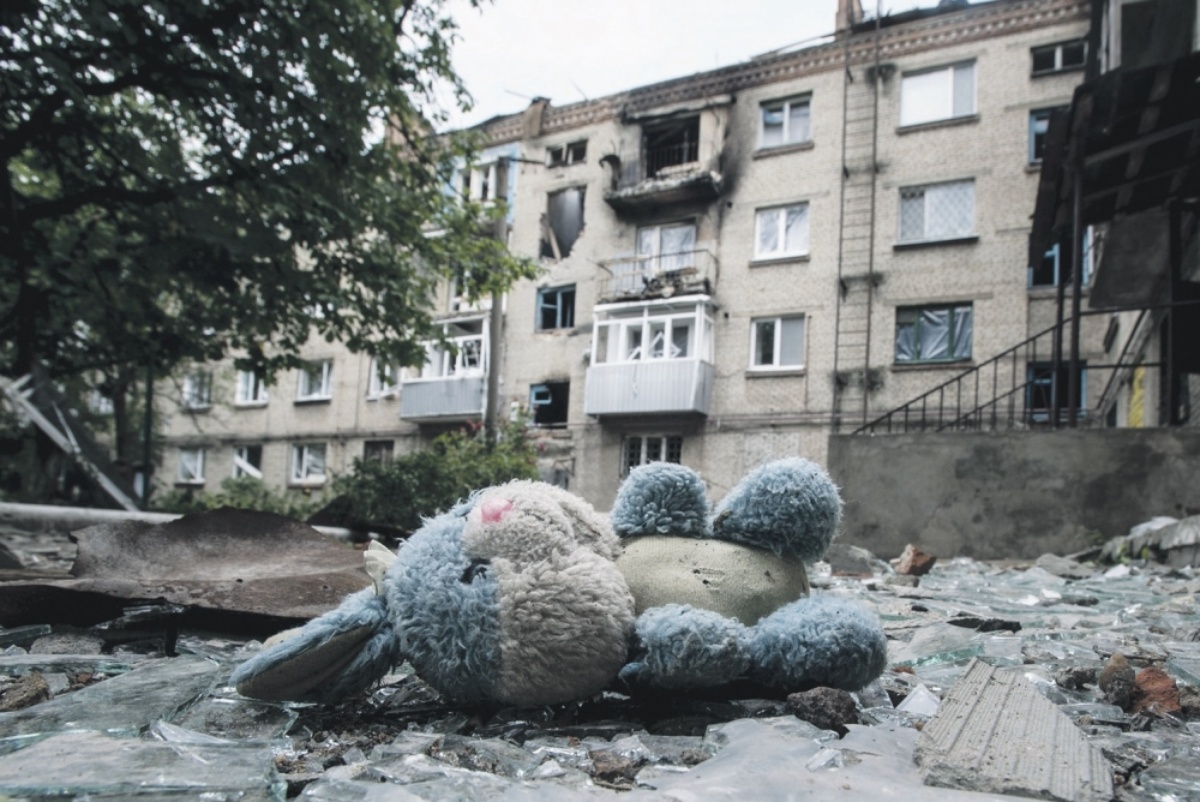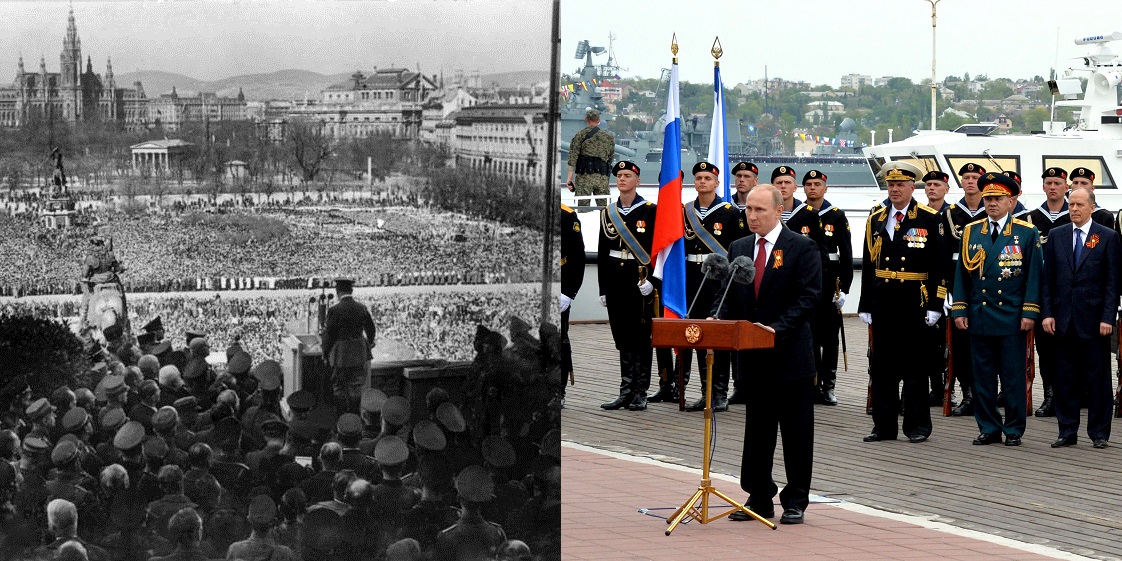“The victory of the Kyiv revolution in February 2014 marked the final divorce of Ukraine and Russia and thus became one of the most important events of the 21st century, Sergey Shelin says; but in the five years since, Ukraine has made use of this new situation in positive ways while Russia has not been able to accept it.
“The official dismantling of the USSR was conceived as far as these two countries are concerned as a formal event,” the Rosbalt commentator says, and for some time, it remained such in both countries. But the events of 2014 made the dismantling real, and Ukraine has acted on that.
Today’s Ukraine, he writes, “is a poor but viable state, which over the past five years has shown its ability to live without Russia.” Personal ties have weakened, economic dependency has as well, and now Russia is viewed there as another country, hostile rather than part of some larger entity as Russians still continue to view Ukraine.
Ukraine’s economy has “grown for the fourth year in a row, quite slowly but all the same faster” than Russia’s. Its people are no longer going to Russia to find work but rather to Europe. “And the Ukrainian army is not super-strong but is sufficiently capable, and there is not the slightest sign that it will throw down its arms and go home.”
Unfortunately, Russians from top to bottom have not adjusted to this new reality. The Kremlin and the popular masses view Ukrainians as ungrateful traitors; and as it well known, traitors are hated more than enemies of other kinds. At the very least, it is harder to forgive them and move on.
But Russians do not understand that “national independence is not treason. This is the right of a nation if a nation is conscious of itself.” The Russians remain “people of the empire” and expect others to continue to accept that arrangement, one that puts the Russians on top, forever.
This is not the first time something like this has happened among Russians. “In the 1990s, the object of a quite strong and long dislike was little Estonia” and the reasons were more or less the same. The existence of that state as an independent one seemed to Russians both unreasonable and incorrect.
This Russian hostility led to a growth of ethnic nationalism which has ebbed with time and to an explosion of “civic energy” which has transformed Estonia into a European country on its own as far as Russia is concerned. Because it is smaller and ethnically more distinct than Ukraine, the Russians have mostly come to terms with its separateness.
Some Russian intellectuals say Ukraine shouldn’t go its separate way because the main vector in international life is toward cooperation and unity, but that isn’t true. And some complain that Ukraine hasn’t shown the way for Russia to change – but that is not Ukraine’s responsibility, the commentator argues.
“Good or bad, Ukraine does not owe us anything,” Shelin says. “This is another country. It lives by its brains and for itself, not for us. I do not think that five years of life without Russia has passed for it in vain, but this is for its citizens to decide.” But can Russians say that they have changed in the five years they have lived without Ukraine?
The answer is mixed. “One thing has changed for the better: the masses are tired of the hostility. They are fed up with focusing on it and want attention to be paid to their problems at home. And only our most senior people as before are not tired: for them, the empire has no alternative” that to proceed as before.
That is their tragedy and Russia’s. Ukraine is moving on and ahead.
Read More:
- Rash of arson attacks on Moscow Churches in Ukraine directed from Russia – SBU
- Five-year-long disinformation campaign didn’t make Crimea Russian
- ‘Putin’s Ribbentrop’ emphasizes Moscow still wants all of Ukraine, Portnikov says
- Moscow military expert: Ukraine is Russia’s mortal enemy and must be dismantled or absorbed
- Ukraine prepares to Russia’s interference in the country’s elections 2019
- How Russian propaganda denigrates Ukraine with disinformation
- Putin’s invasion force is only 18 km from Ukrainian border and West is ignoring it, Eidman says
- Moscow may be preparing a ‘Syrian type’ chemical weapons ‘provocation’ in Ukraine, Ikhlov says
- Ukraine-related narratives dominate Russian propaganda – disinformation watchdogs
- Putin’s approach to Ukraine threatens entire international order and must be reversed, Skobov says
- Moscow disseminating two messages on Ukraine, neither of which should be accepted, Eidman says
- Moscow pushing Ukraine toward becoming a nuclear power again, Pastukhov says
- Budapest memorandum: non-proliferation diplomacy twenty years later
- Non-fulfillment of Budapest Memorandum showed the absurdity of disarmament, Turchinov says
- Moscow refuses to discuss Budapest Memorandum
- Statement by the Russian Ministry of Foreign Affairs regarding accusations of Russia’s violation of its obligations under the Budapest Memorandum of 5 December 1994
- Five reasons why supporting Ukraine is in the USA’s interests
- Was Ukraine’s nuclear disarmament a blunder?
- Russian aggression against Ukraine and international law: 25 key theses
- Russian war with Ukraine a clash of civilizations, Ikhlov says
- New poll results suggest where Russia and Ukraine are heading
- Russia’s deportation of Ukrainians and Crimean Tatars from occupied Crimea a “neo-imperial policy tool” – report
- First int’l human rights mission since occupation reports on how Russia crushes opposition in Crimea
- Major Russian media are under the centralized control of the Kremlin, investigation shows
- Russia prepared to occupy Crimea back in 2010 and other things we learned from Yanukovych’s treason trial




